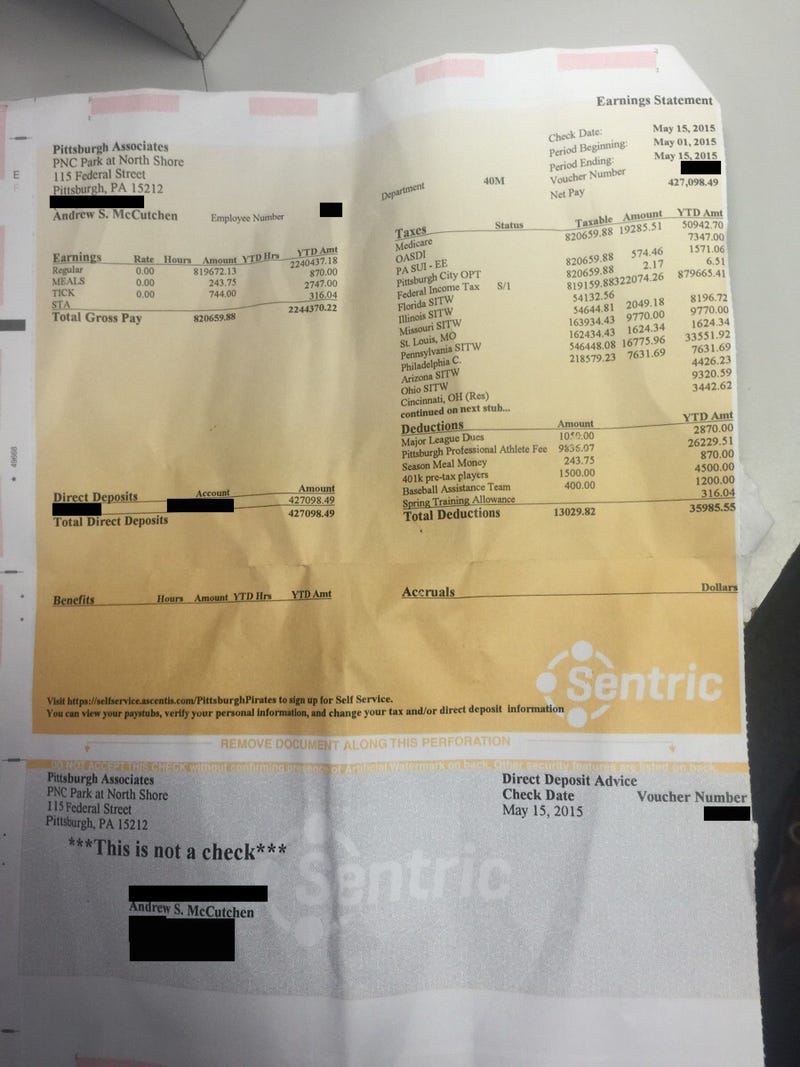No, it starts a slippery slope. There are so many factors players use to decide where to go. Ya a team like Montreal has high taxes and New York has a high cost of living, but in general those teams with cons, have a lot of pros for the players too, one of which is local sponsorship and ad deals. Stamkos for example could have made more money in Toronto than Tampa despite the tax difference, but that probably came with added pressure, time commitments, and other things. There are so many factors, and that's what makes it great. Individual players can seek out what works for them.


